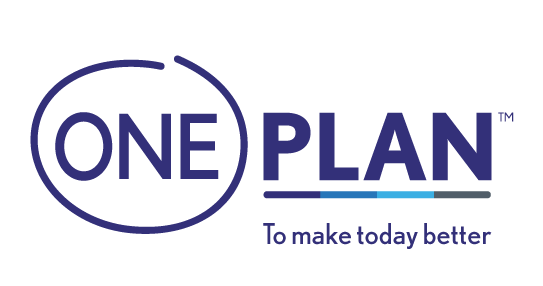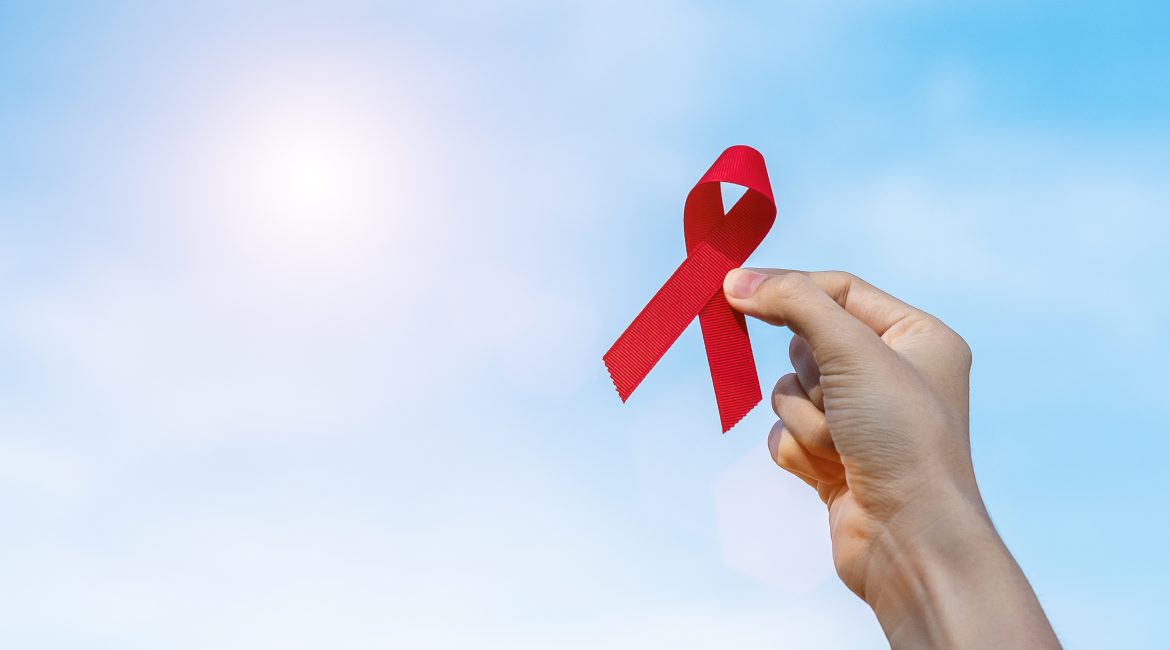World Aids Day in South Africa and across the globe is a day to re-educate yourself and those around you about the relevance of the AIDS pandemic and hope for the HIV positive community
Why do we Commemorate World Aids Day in South Africa?
Friday the 1st of December is marked off as Word Aids Day, a day allocated to commemorating the lives lost to, the progress made, and the journey forward for the HIV/AIDS pandemic. Perhaps in a post-2020 world, we can understand how truly terrifying a health crisis is.
Maybe the COVID-19 pandemic was your first time seeing how much havoc an unknown disease can wreck on vulnerable populations, and how awful it must be to be all alone behind a glass door whilst you live your last hours. For millions of people around the world, this was their experience during the HIV/AIDS pandemic which started in June 1981.
HIV has claimed 40.4 million [32.9 – 51.3 million] lives so far with ongoing transmission in all countries globally. According to the World Health Organisation (WHO), in 2022, there were an estimated 39.0 million [33.1 – 45.7 million] people living with HIV. The full-blown AIDS epidemic continues to plague countries like South Africa, whilst scientists race to find a way to cure the disease.
HIV/AIDS in South Africa
Former President Nelson Mandela said: “Many people suffering from AIDS and not killed by the disease itself are killed by the stigma surrounding everybody who has HIV and AIDS. South Africa is the most affected country in the entire world.
That being said, the country’s response to the epidemic has been world-class. In 2018, South Africa released the 90-90-90 programme. The goal was to have 90% of people aware of their status, 90% of people on HIV treatment, and 90% of people who are virally suppressed.
This programme has since been renamed the 95-95-95 programme in order to reach new targets. As of 2021, 94% of South Africans with HIV know their status, 79% of which are on treatment, and 91% of which are virally suppressed.
FAQs about HIV/AIDS
It’s important to remember that HIV is not AIDS – but the two work closely together. HIV is the initial disease, and AIDS comes as a secondary result of untreated HIV. HIV works in three stages:
Stage 1: Acute HIV Infection
Stage 2: Clinical Latency
Stage 3: AIDS
How is HIV/AIDS spread?
HIV is considered an STI, meaning it is most often spread through sex. Bodily fluids like semen and vaginal discharge are prime ways for the virus to transmit. It is a dangerous myth that the virus can be spread through saliva or touching.
Discover: Dread Disease Cover & Health Insurance: What You Need to Know
The virus can also be contracted through blood, which is why you are always advised to wear gloves when dealing with an injury of any kind. If you have been recently exposed to the virus, you can take pre-exposure prophylaxis (PrEP) that can help to keep you negative.
Is HIV curable?
Unfortunately, no. But it is treatable. Scientists and doctors have been working for years towards a cure, and it’s likely we will see one in our lifetime. For the time being, HIV/AIDS is treated using ARVs (Antiretrovirals) to suppress the virus.
ARVs work by lowering your viral count. Once your viral count is undetectable, you can effectively have sex without transmitting the virus. Undetectable = non-transmittable, and this has been an incredible advancement in treating the virus.
Who is most at risk for HIV/AIDS?
Every sexually active adult in South Africa is at risk of HIV/AIDS. Viruses do not discriminate. South Africa has an HIV/AIDS prevalence rate of 13,9%. In 2018, HIV prevalence was at a staggering 20.4%.
What that means is that, whilst the numbers have decreased, awareness should not. Studies have shown that women are three times more likely to contract the virus, as is common with most STDs.
How can I get tested?
South Africa has a testing system well worth mentioning. Getting tested for HIV is as easy as walking into your nearest clinic and requesting a test. You will put your finger on a small plastic device that will prick your finger and confirm your status in minutes.
Know your status
For all the scary facts about HIV in South Africa, here is one that should bring some hope: more than 90% of all HIV positive people know their status.
Knowing your status is the only way to effectively half the spread of HIV. Never assume that your partner knows their status, and we would advise getting tested before entering a new sexual relationship and asking your partner to do the same.
The thing about HIV is that most people will not know they have it until they get tested – plenty of people live very healthy lives whilst carrying the virus for years and years. However, there are some symptoms that you can look out for during the Acute HIV Infection stage:
- Night sweats
- Fever
- Chills
- Muscle aches
- Rash
- Mouth ulcers
- Sore throat
- Fatigue
- Swollen lymph nodes
Note that these symptoms come with millions of different ailments, so the only way to be sure is to get tested.
Symptoms of Stage 3 AIDS include:
- Rapid weight loss
- Extreme and unexplained fatigue
- Prolonged swelling of the lymph glands all over the body
- Long-lasting diarrhoea
- Recurring fever or profuse night sweats
- Mouth, anus and genital sores
- Pneumonia
- Red, brown, pink, or purplish blotches on or under the skin or inside the mouth, nose, or eyelids
- Memory loss
- Depression and other neurologic disorders
Keep safe and fight the stigma
If detected early enough, those living with HIV/AIDS are able to have full, healthy lives. At Oneplan, we’re here to help you effectively prevent and treat HIV as quickly as possible. All of our Health Insurance plans cover accidental HIV protection services, as well as accidental HIV infection treatment (along with all the other day-to-day and in-hospital benefits).
Related: What is covered in health insurance?
All you have to do to get access to this cover is sign up online with Oneplan Health Insurance and once your policy is incepted, you’ll have immediate cover against HIV (no waiting periods)!
Together, it’s time to fight the stigma and advocate for the wellbeing of our communities. To keep yourself and your partners safe, make sure that you always know your status and wear a condom with every new sexual partner.
Your Health Insurance Family,
Oneplan




